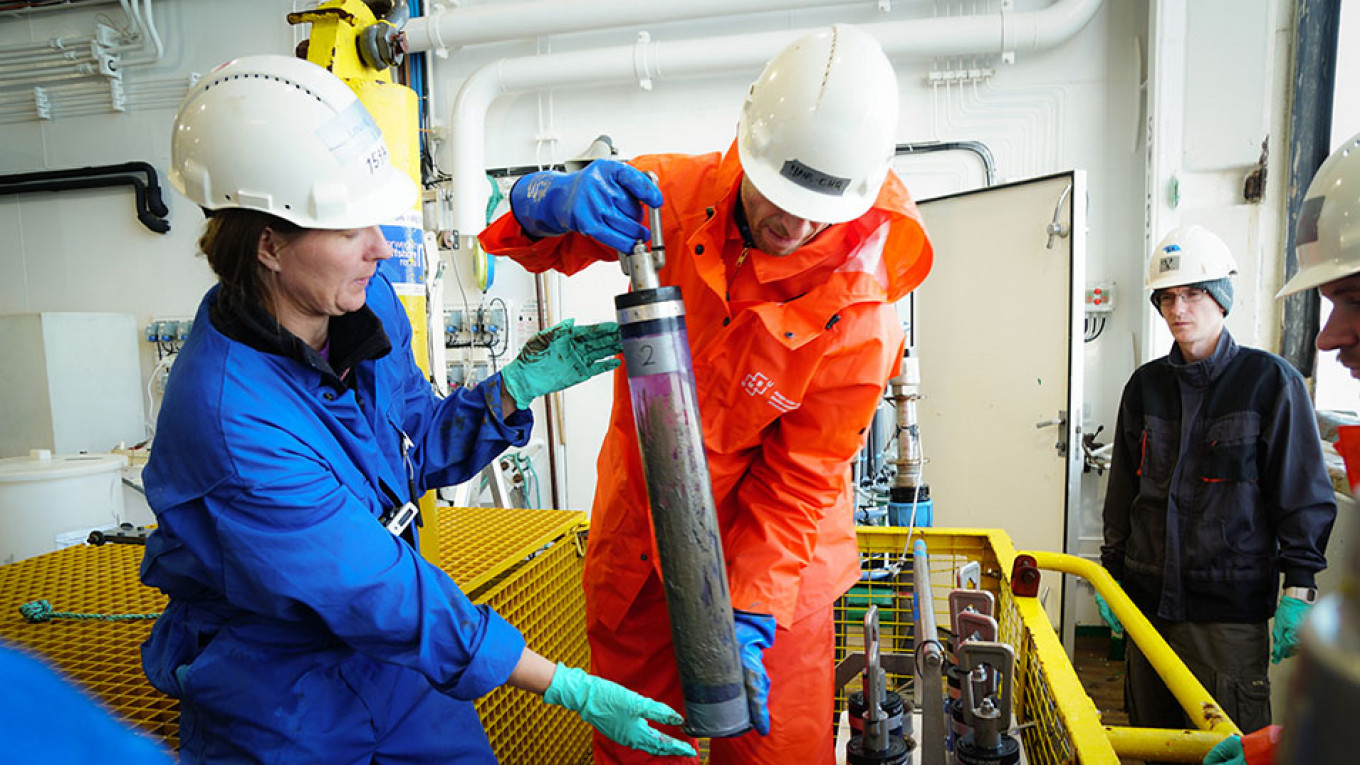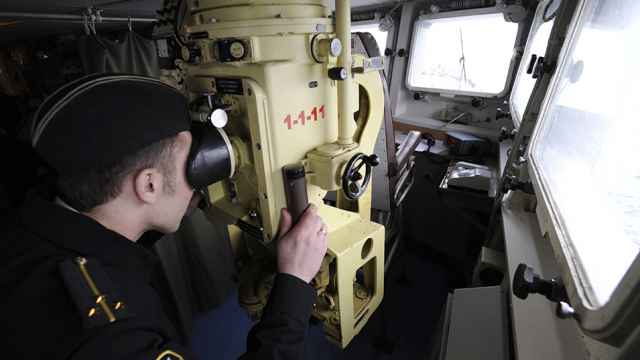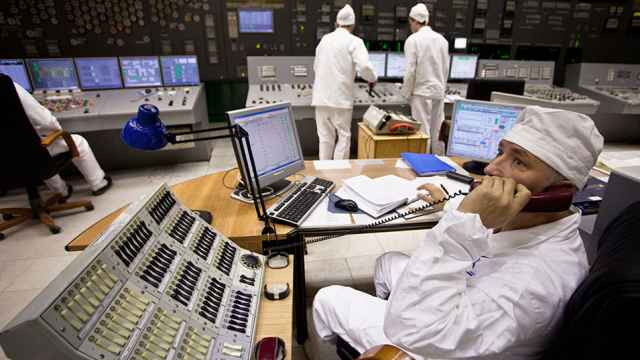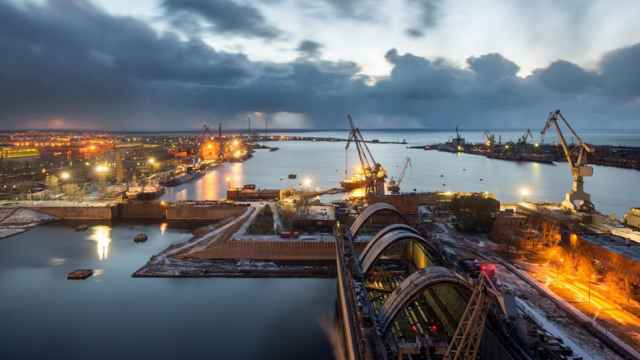Norway's nuclear safety authority is analyzing tiny amounts of radioactive iodine detected in the air in northern Norway in the days after a deadly explosion during a rocket engine test over the border in Russia.
Russia's state nuclear agency, Rosatom, said Saturday that five people killed in the blast were its staff members and the accident involved "isotope power sources", giving no further details.
Norway's radiation and nuclear safety authority DSA said it had detected the radioactive iodine at its air filter station in Svanhovd, which is by the Russian border. A river separates the two countries.
The samples were collected in the period Aug. 9-12, while the accident in the Arkhangelsk region of northern Russia occurred on Aug. 8, it said.
"At present it is not possible to determine if the last iodine detection is linked to the accident in Arkhangelsk last week. DSA continues more frequent sampling and analysis," DSA said.
Such radiation measurements are not unusual in Norway, as its monitoring stations detect radioactive iodine about six to eight times a year and the source is usually unknown.
Russia's state weather service said Tuesday that radiation levels in the city of Severodvinsk had spiked by up to 16 times last Thursday, while medics who treated victims of the accident have been sent to Moscow for a medical examination, the TASS news agency reported.
A Message from The Moscow Times:
Dear readers,
We are facing unprecedented challenges. Russia's Prosecutor General's Office has designated The Moscow Times as an "undesirable" organization, criminalizing our work and putting our staff at risk of prosecution. This follows our earlier unjust labeling as a "foreign agent."
These actions are direct attempts to silence independent journalism in Russia. The authorities claim our work "discredits the decisions of the Russian leadership." We see things differently: we strive to provide accurate, unbiased reporting on Russia.
We, the journalists of The Moscow Times, refuse to be silenced. But to continue our work, we need your help.
Your support, no matter how small, makes a world of difference. If you can, please support us monthly starting from just $2. It's quick to set up, and every contribution makes a significant impact.
By supporting The Moscow Times, you're defending open, independent journalism in the face of repression. Thank you for standing with us.
Remind me later.







